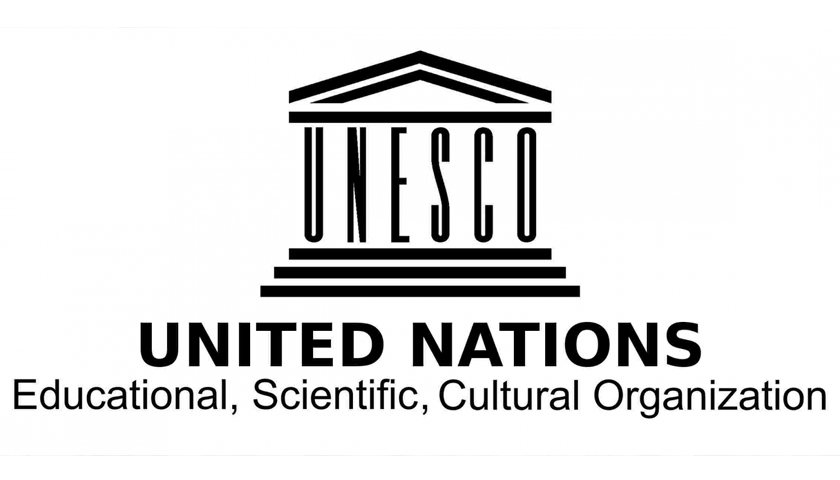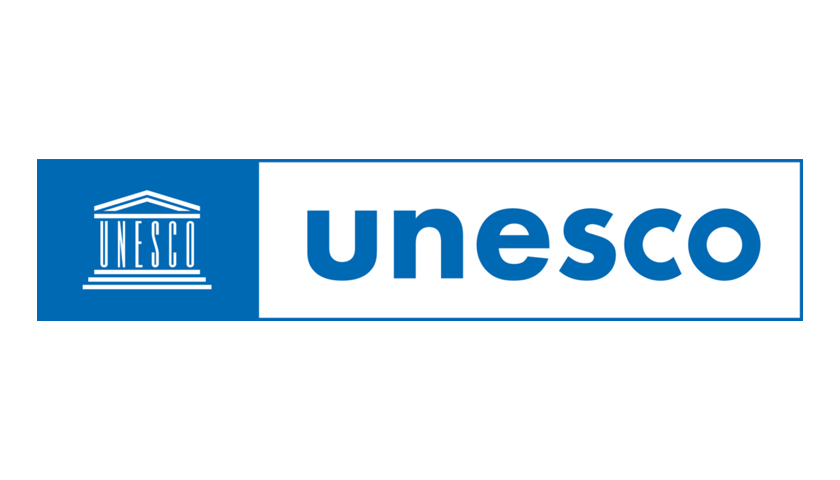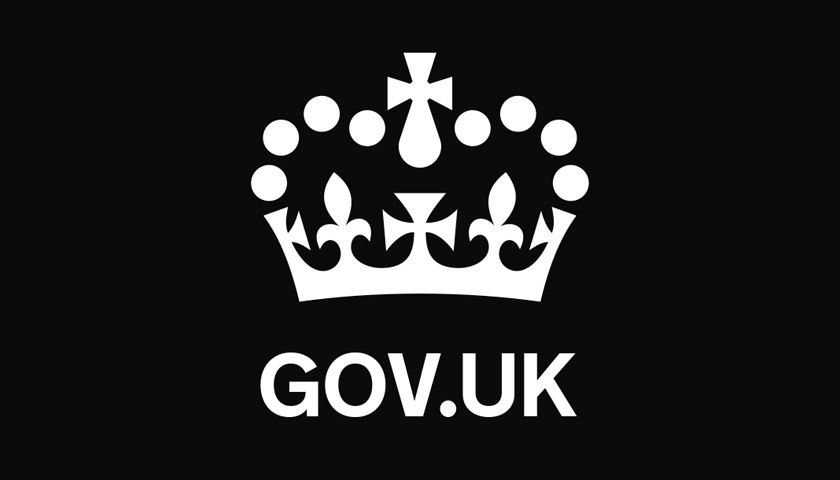Given the nature of this site I felt this was an interesting article posted by UNESCO below, if you are interested check out the UNESCO site there’s lots of interesting stuff there, article (c) UNESCO:
How do journalists deal with unverified sources with information on a possible big story? Can journalists receive non-cash gifts or paid trips to cover an event? What are the new ethical challenges in the digital age especially with the spread of disinformation on social media? These are some of the ethical questions faced by journalist which can impact their professional work.
Twenty-three Filipino journalists, including eleven women and twelve men, from television, radio, and online media from different regions of the country, explored these questions and more in a two-day workshop entitled “Value, Media Ethics and Democracy” which took place in Quezon City, the Philippines from 9-10 October 2019.
This timely workshop comes at a time when public trust in the media has fallen globally. According to a 2019 research done by Reuters Institute for Study of Journalism, globally only 42% of those surveyed expressed trust of online news. Participants expressed concerns about the media landscape that has been affected by the rise of disinformation.
As point out by Ms Melinda Quintos de Jesus, the Executive Director of the Centre for Media Freedom and Responsibility (CMFR) who organized the workshop, ethical and professionalism in journalism are directly linked to the state of public’s trust of the media. This was echoed by Dr Luis Teodoro, former professor of journalism who delivered a presentation on ethics and newsroom. He said “the grand ambition of journalism is to help explain the world” and in order to help achieve that ambition, journalists must practice high level of ethical and professional standards.
On the second day, participants broke into small groups to deliberate on several case studies of actual incidents in the Philippines compiled by CMFR. Participants discussed about the ethical conflicts and what they would have done if the situation had happened to them. Additionally, some of the veteran participants shared their first-hand experience in covering the Marawi siege and the challenges they faced when covering public officials who uses misogynistic language or sensationalistic claims.
The two-day workshop was conducted in collaboration with the Manila-based Center for Media Freedom and Responsibility (CMFR) and UNESCO with the support from the Netherlands funded programme “Strengthening Safety of Journalists and Professional Standards in the Philippines”. The Association of Philippine Broadcasters (Kapisanan ng mga Brodkaster ng Pilipinas/KBP) assisted in bringing participants from different regions in the country. The workshop also benefited from the expertise from Mr Manny Mogato (2018 Pulitzer Prize for International Reporting Winner and Host of CIGNAL), Ms Camille Diola (Editor at PhilStar), and Mr Ed Lingao (Marshall McLuhan Fellow and Anchor of TV5).
UNESCO is the specialized United Nations agency with the mandate to promote freedom of expression which is fundamental to the attainment of the Sustainable Development Goals especially Goal 16. The Organization is tasked with implementing the UN Plan of Action on Safety of Journalists and the Issue of Impunity. UNESCO takes a holistic approach towards safety of journalists which is vital to freedom of the press and access to information which includes raising professional journalistic standards and journalistic code of ethics.


